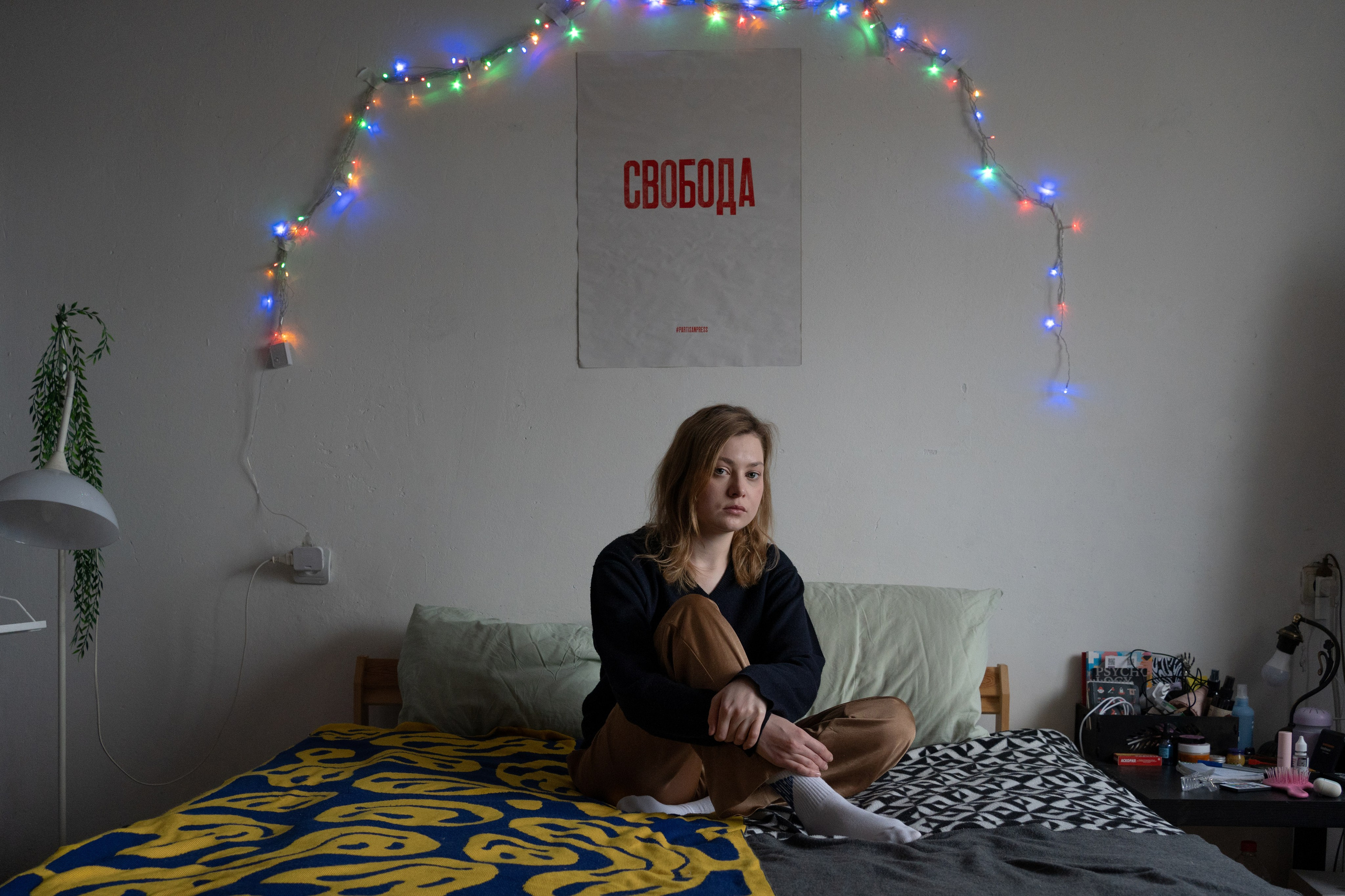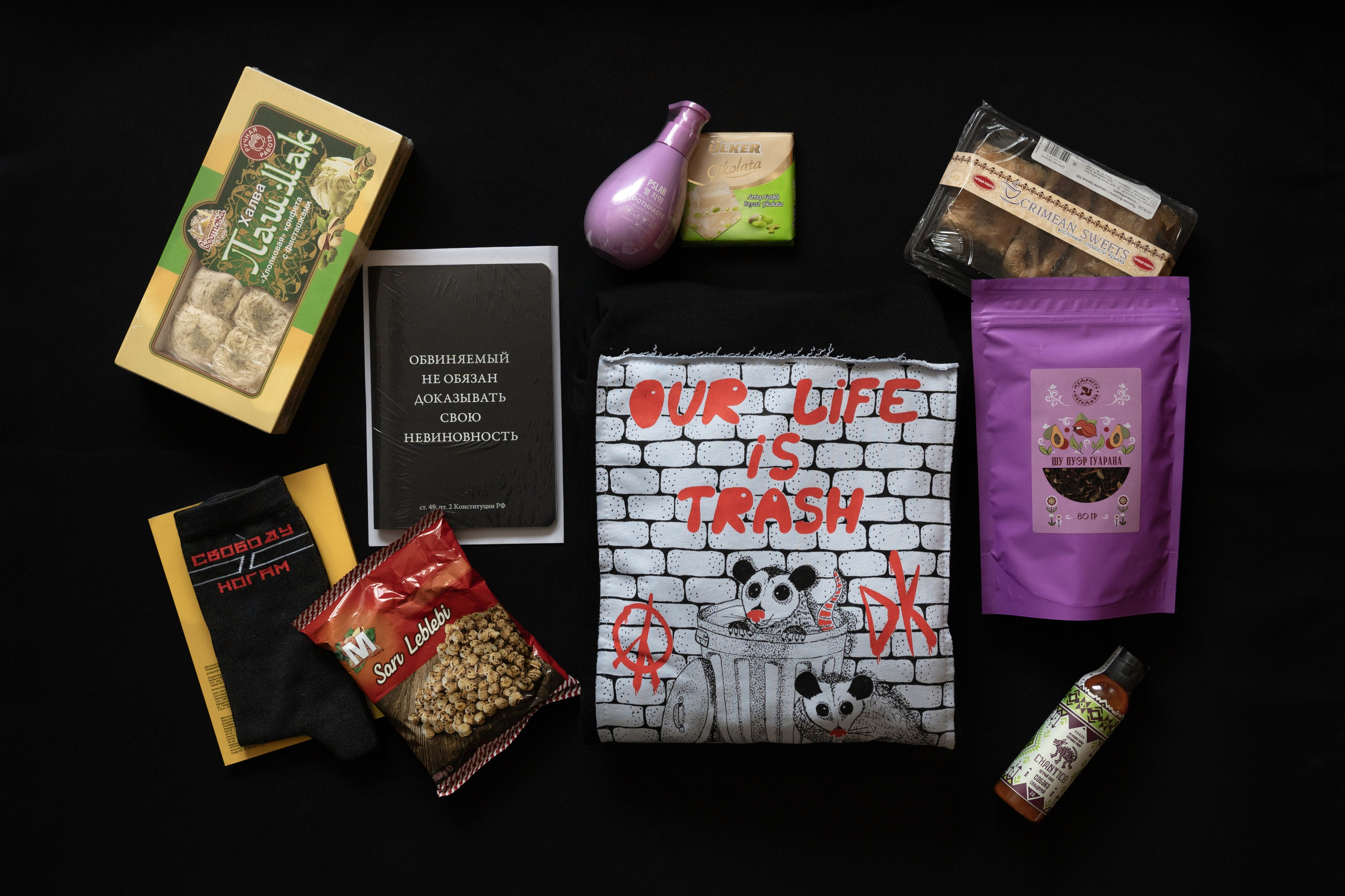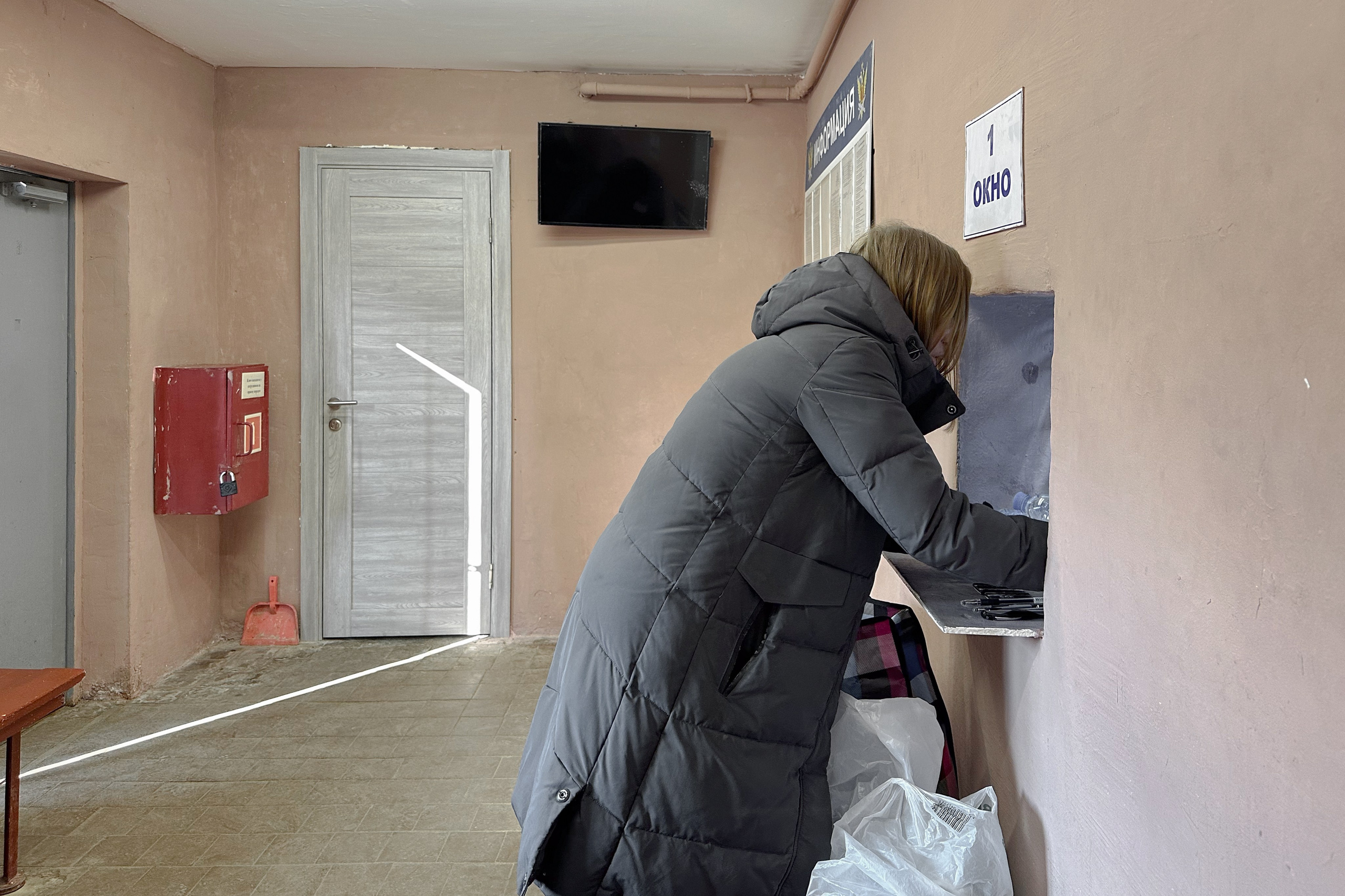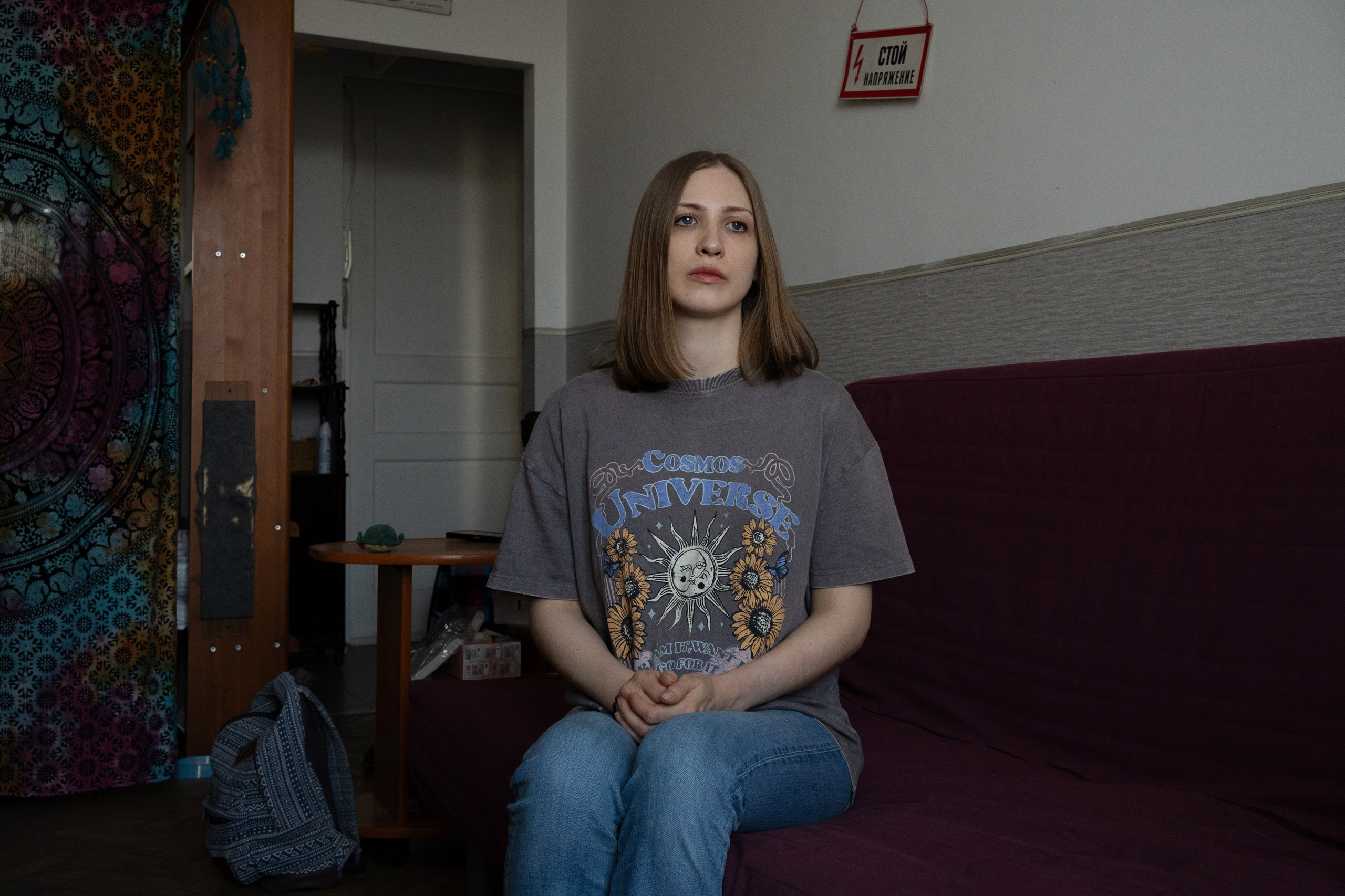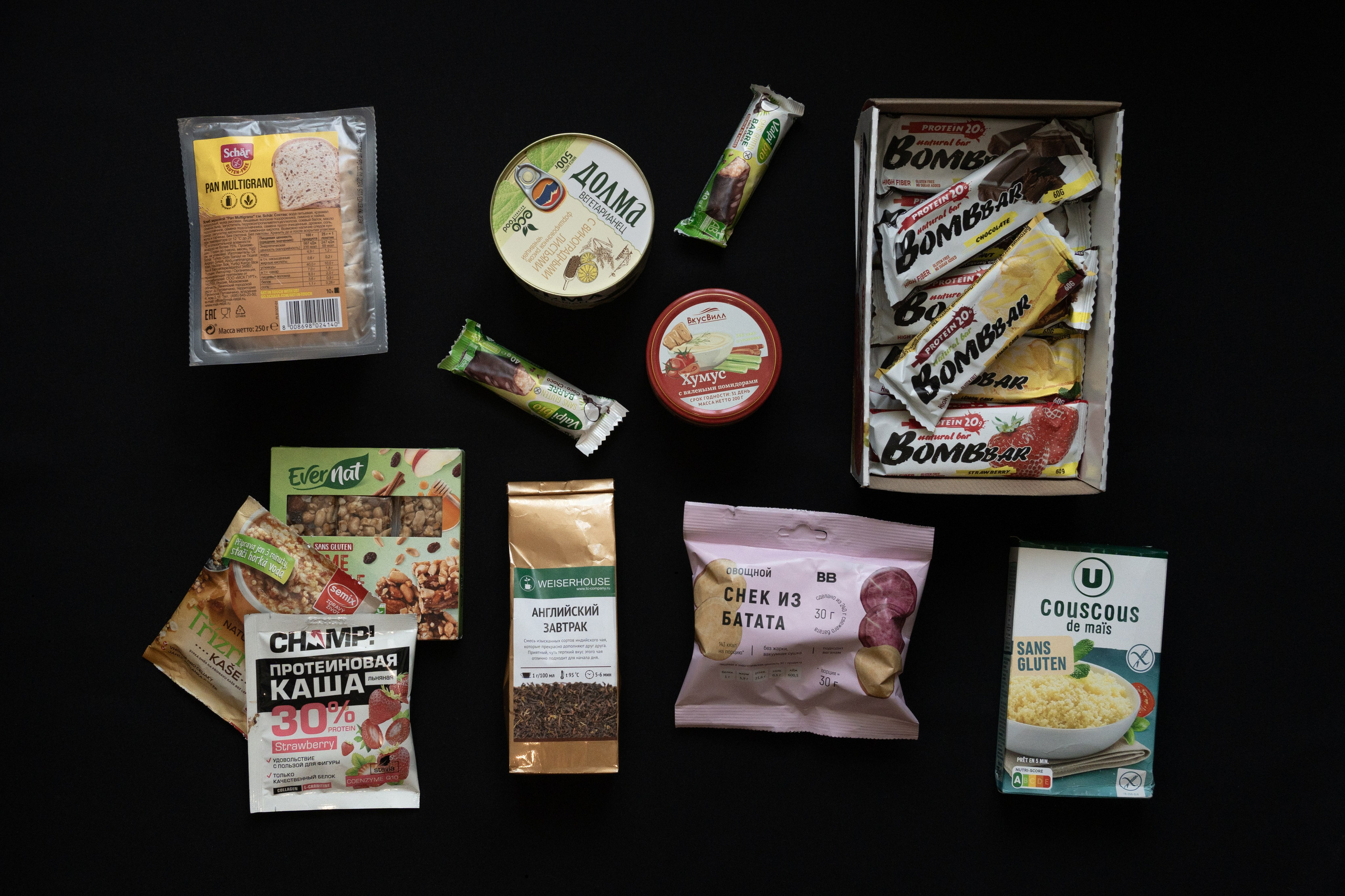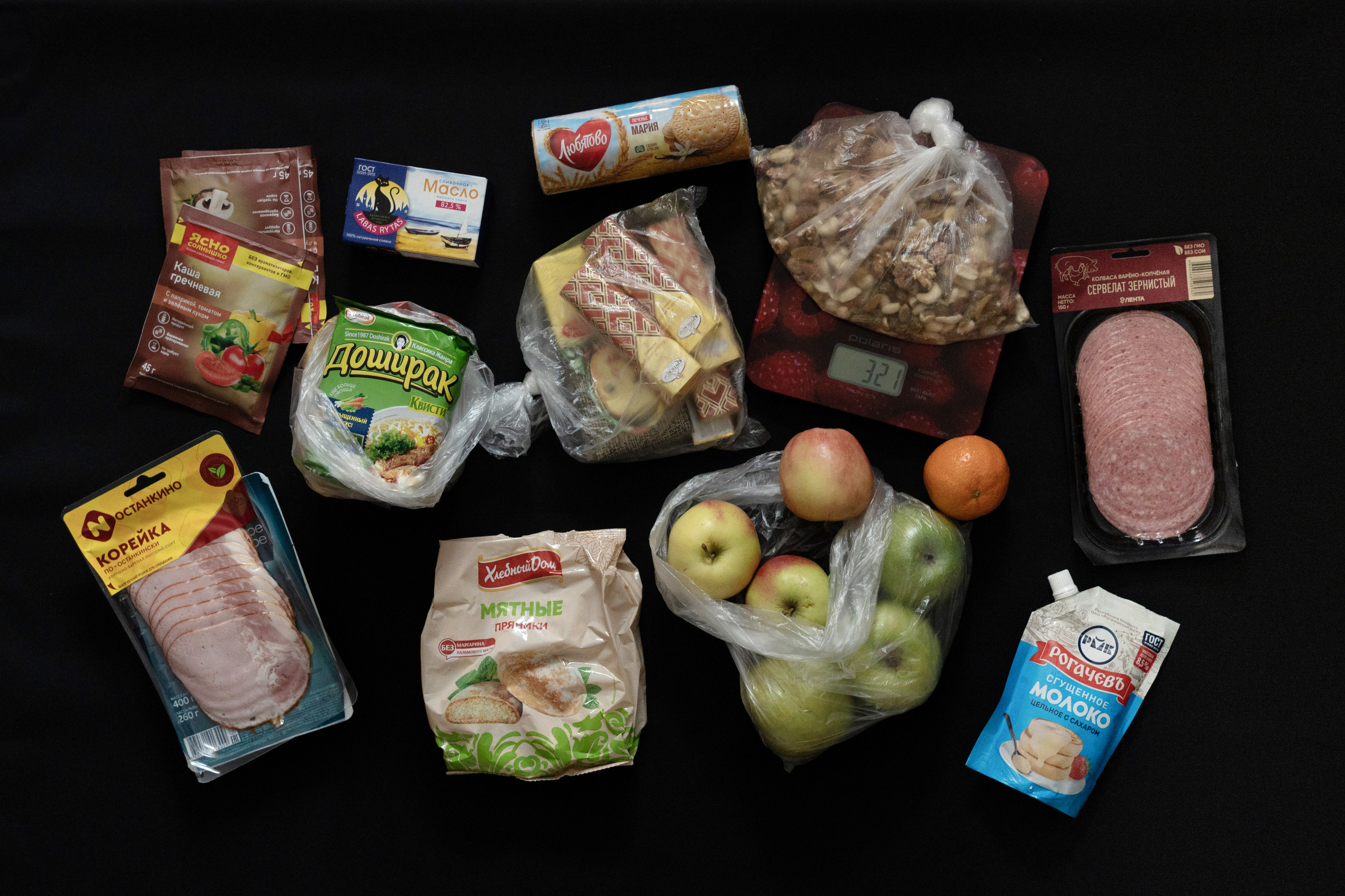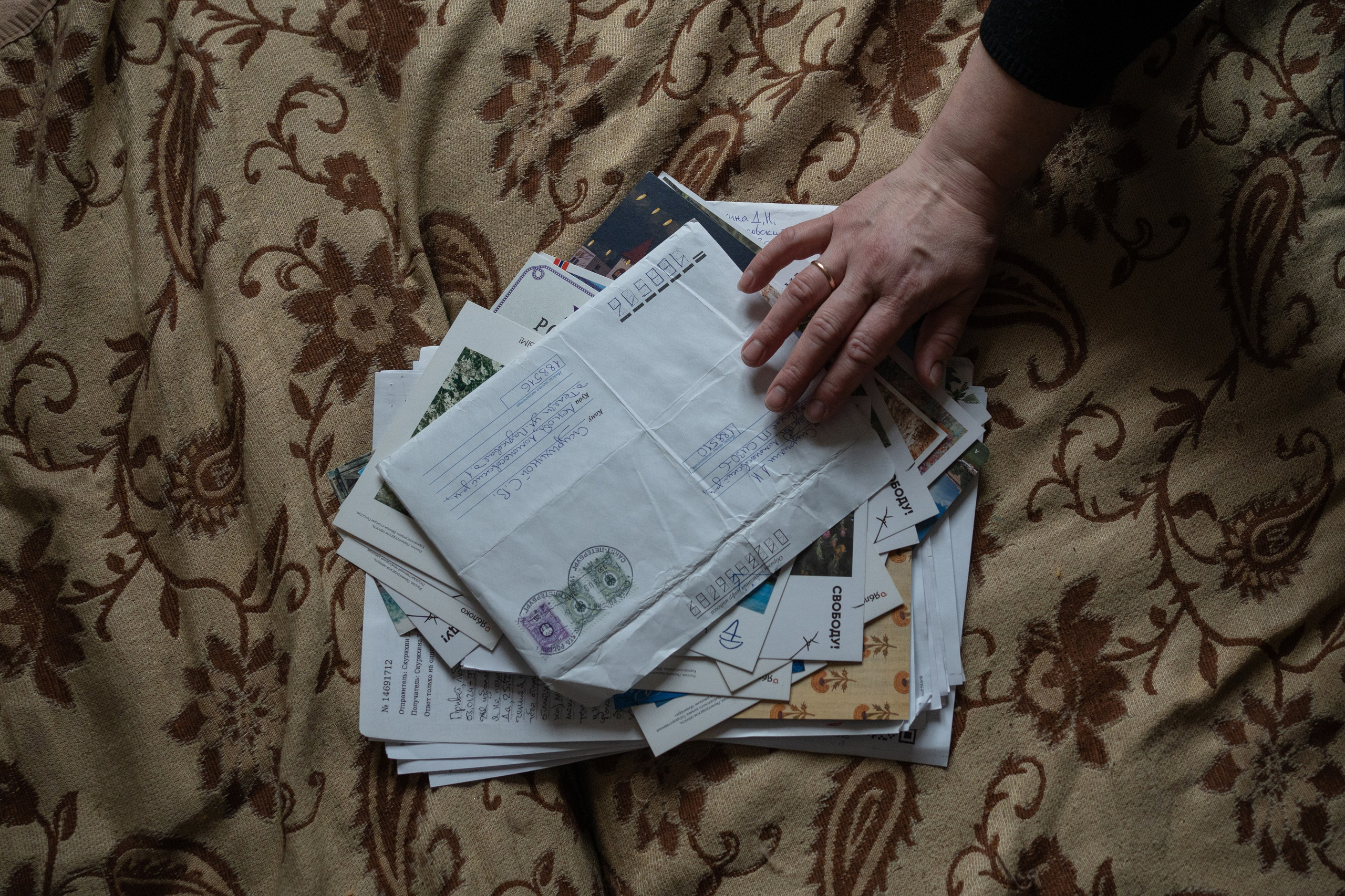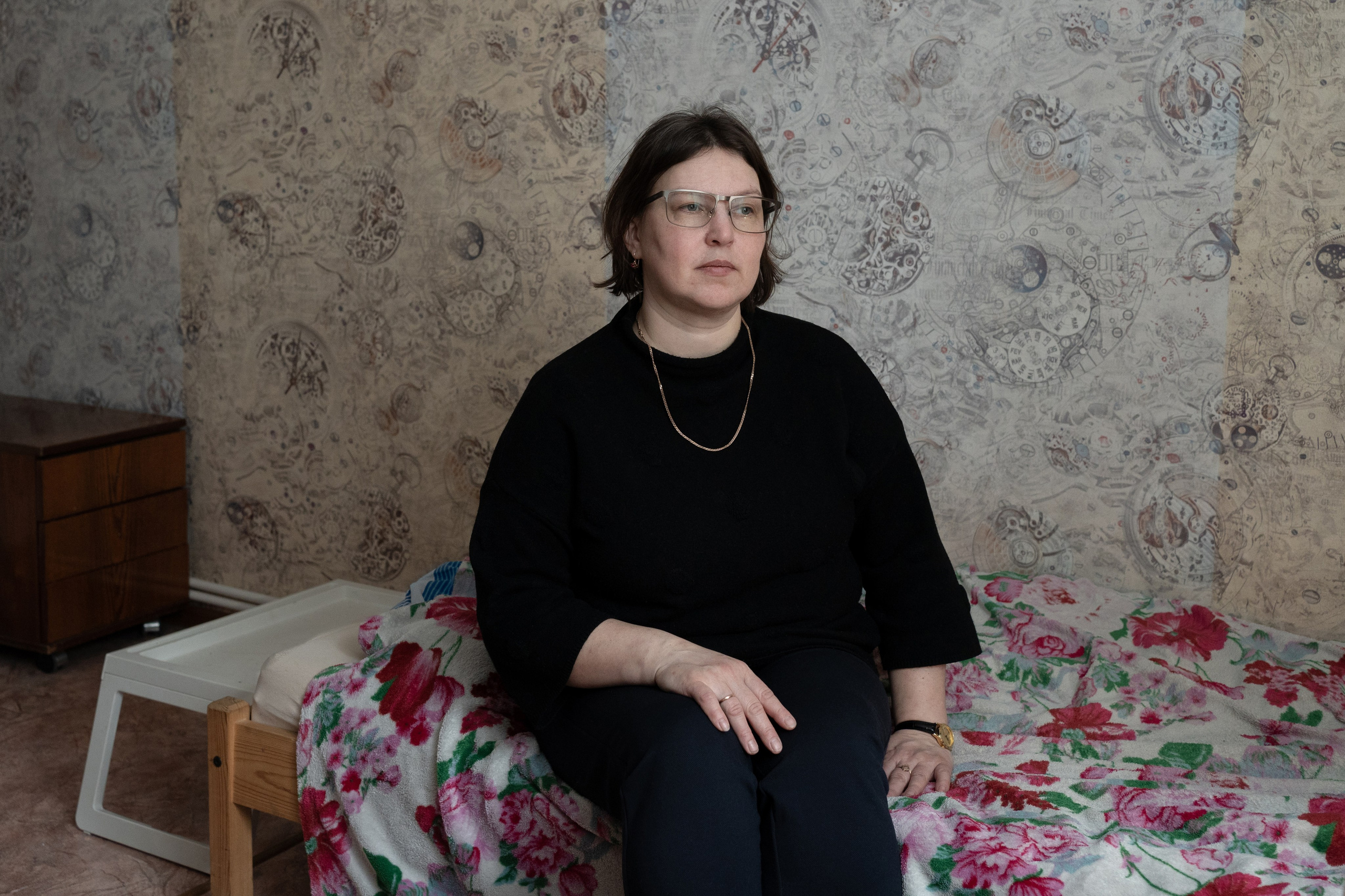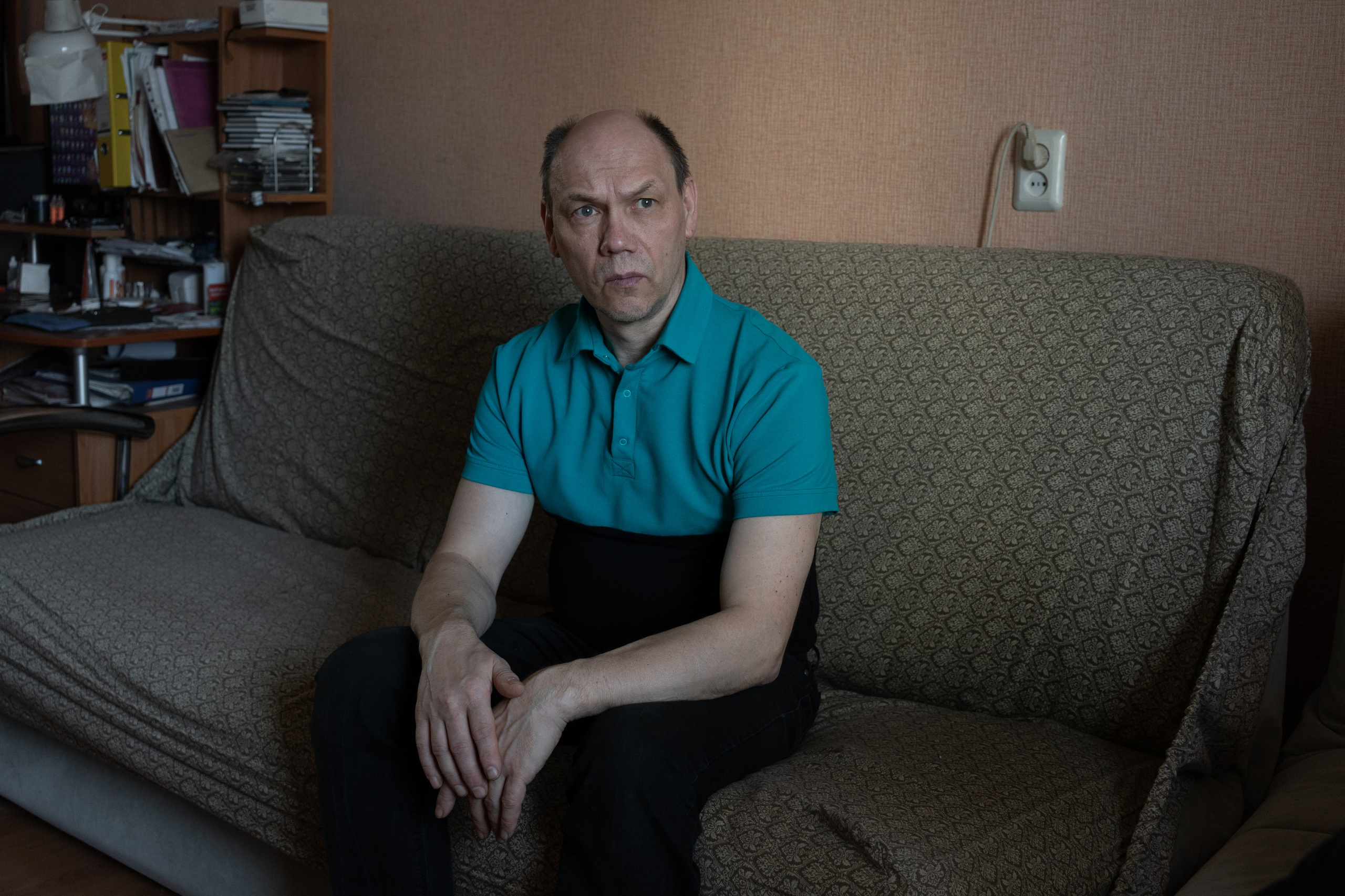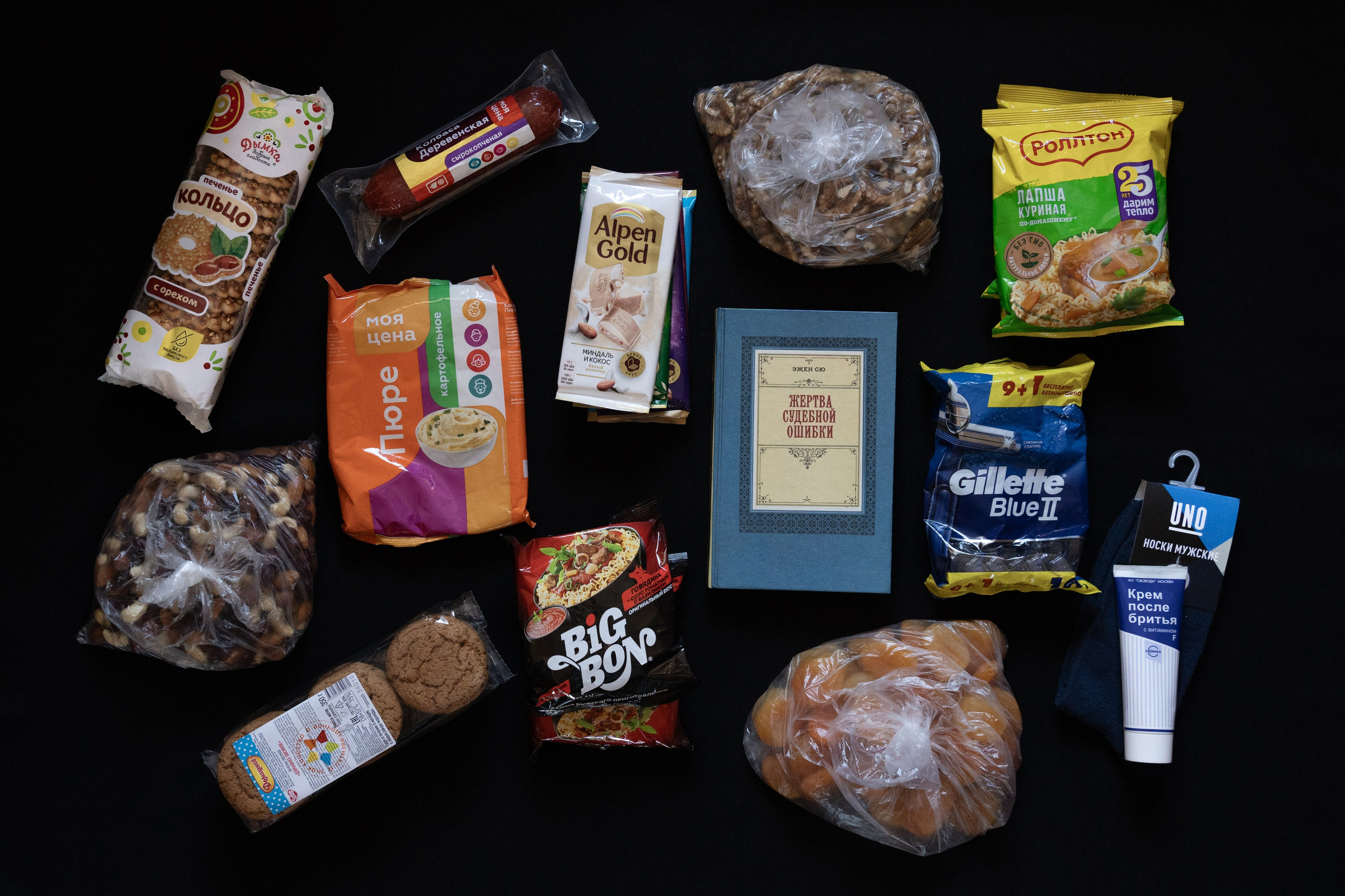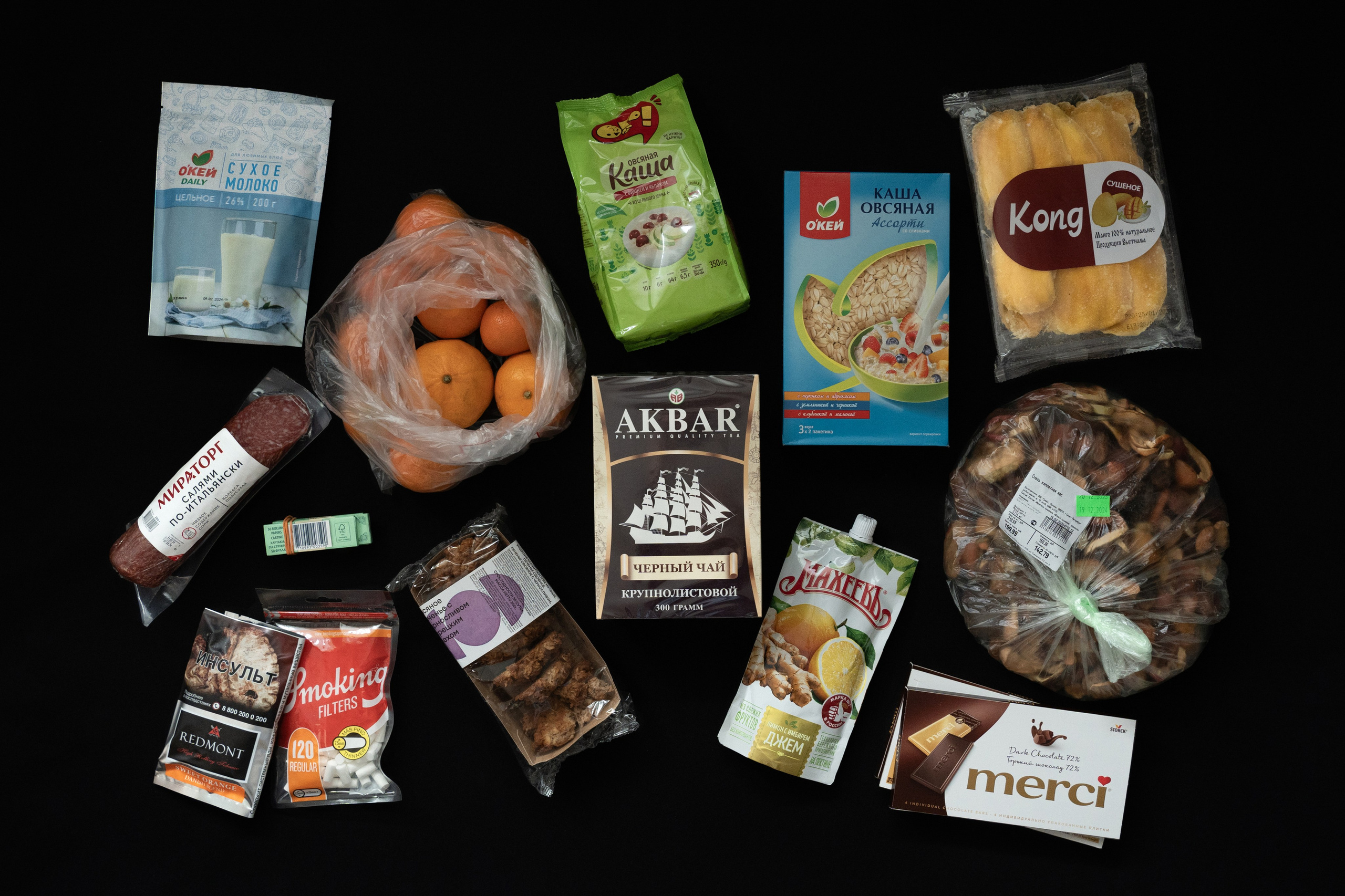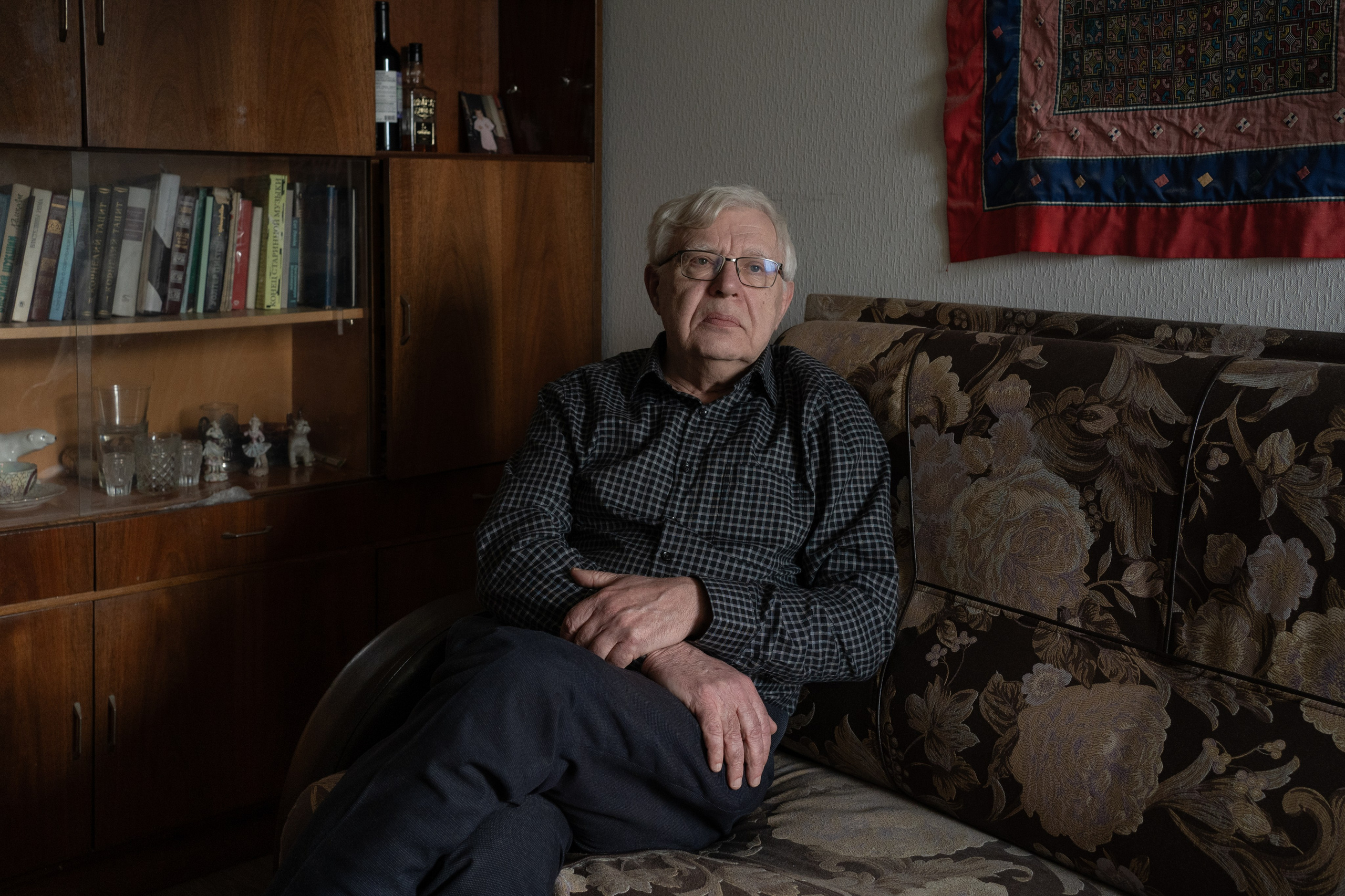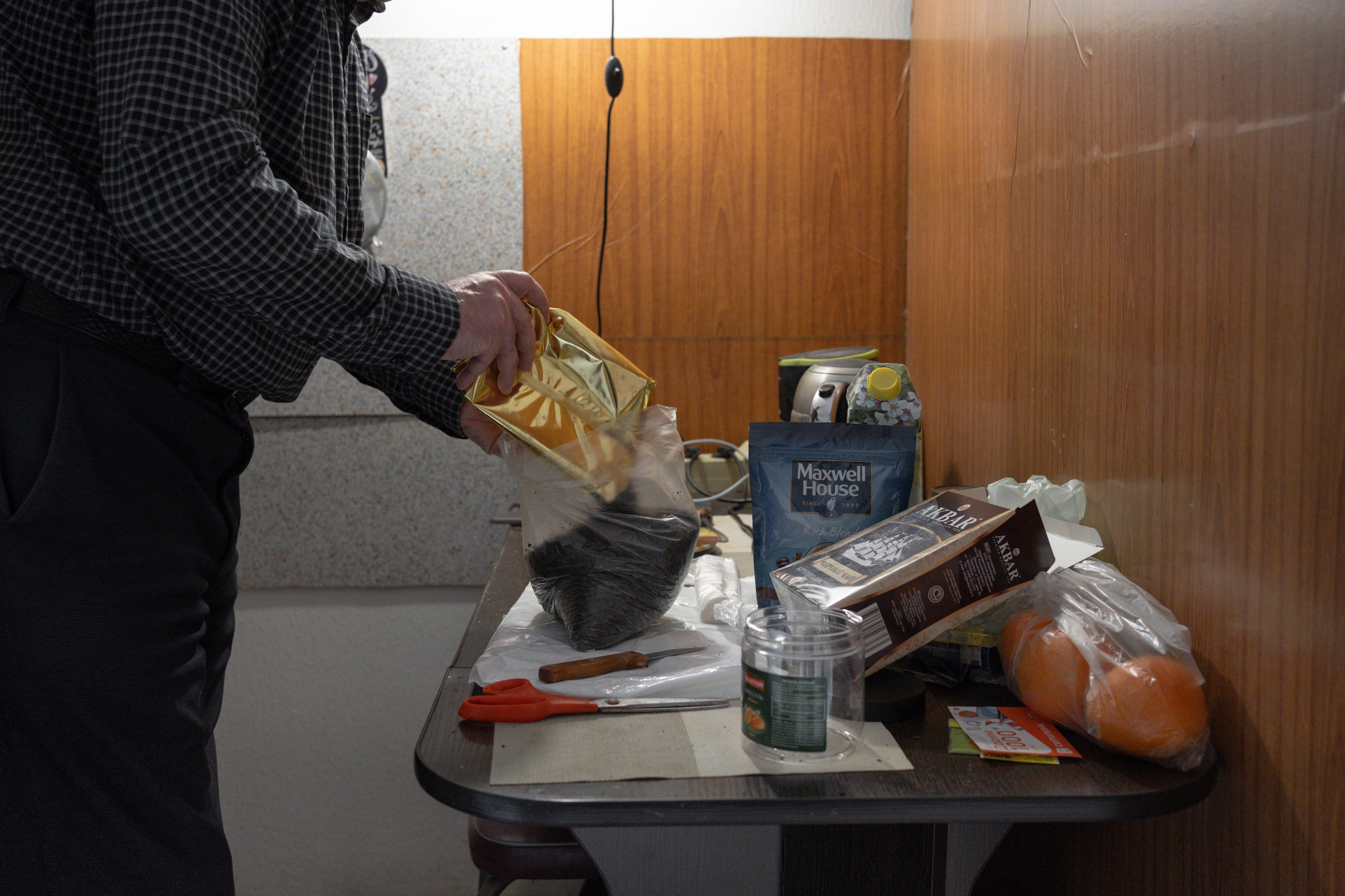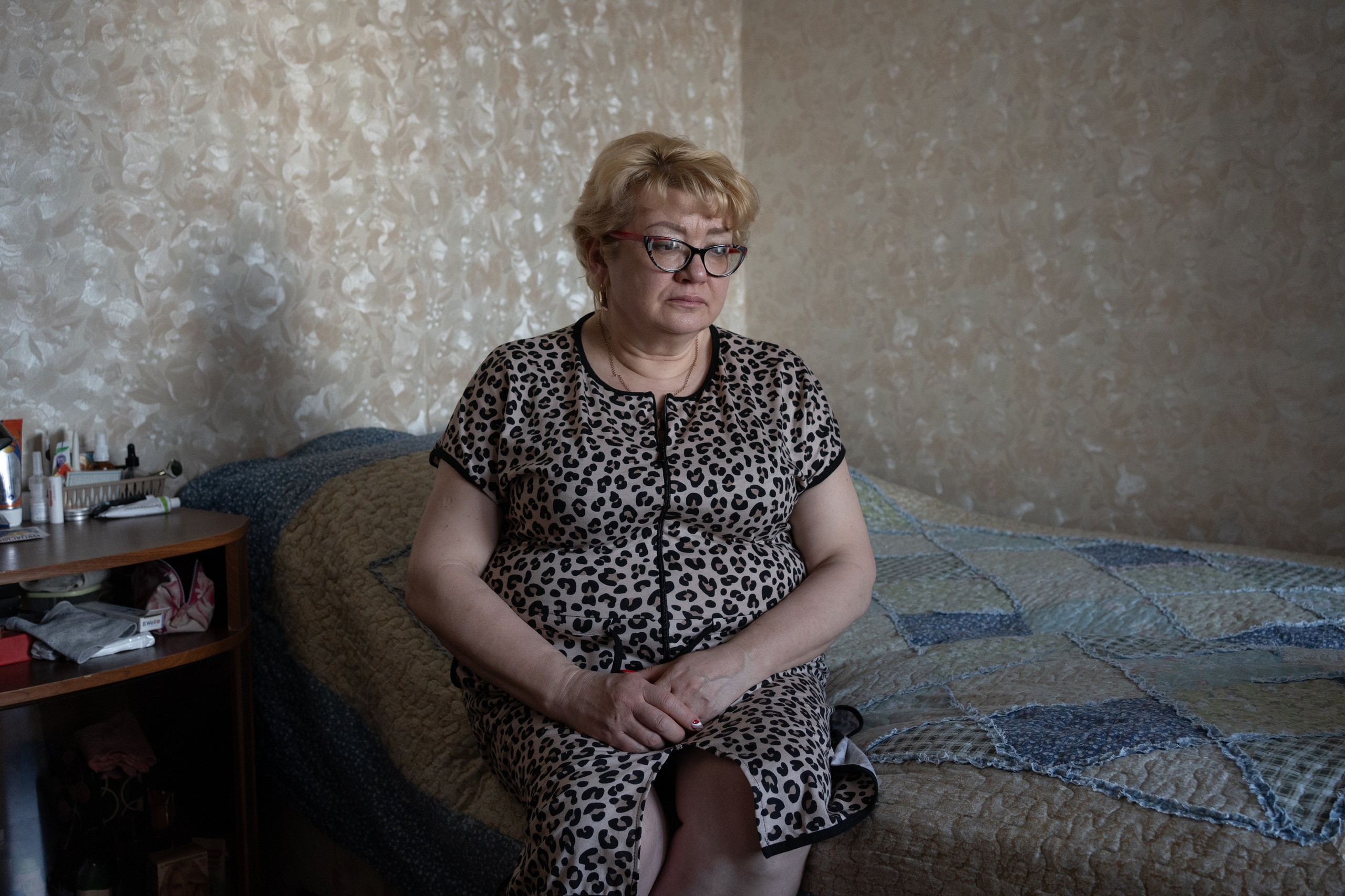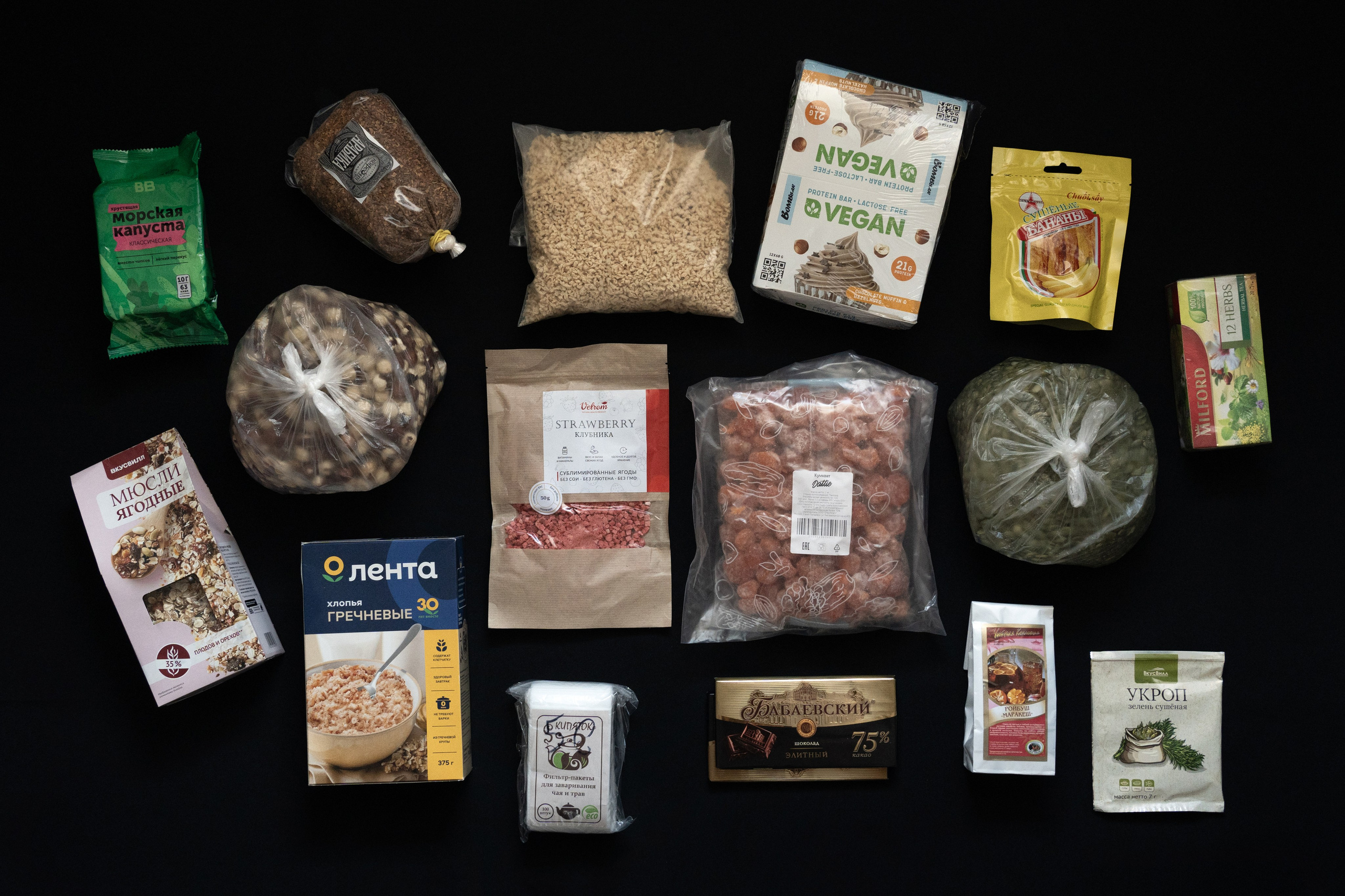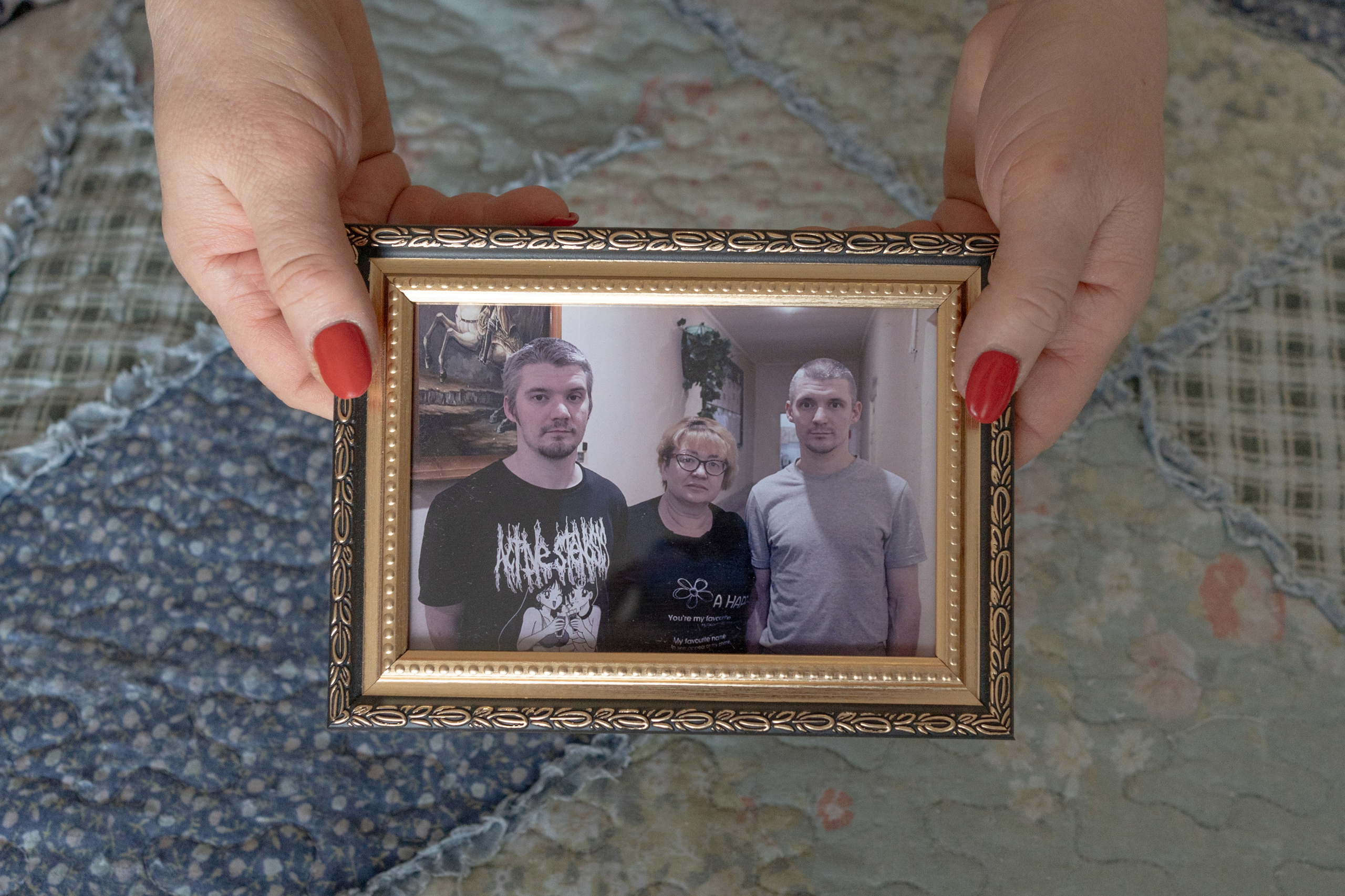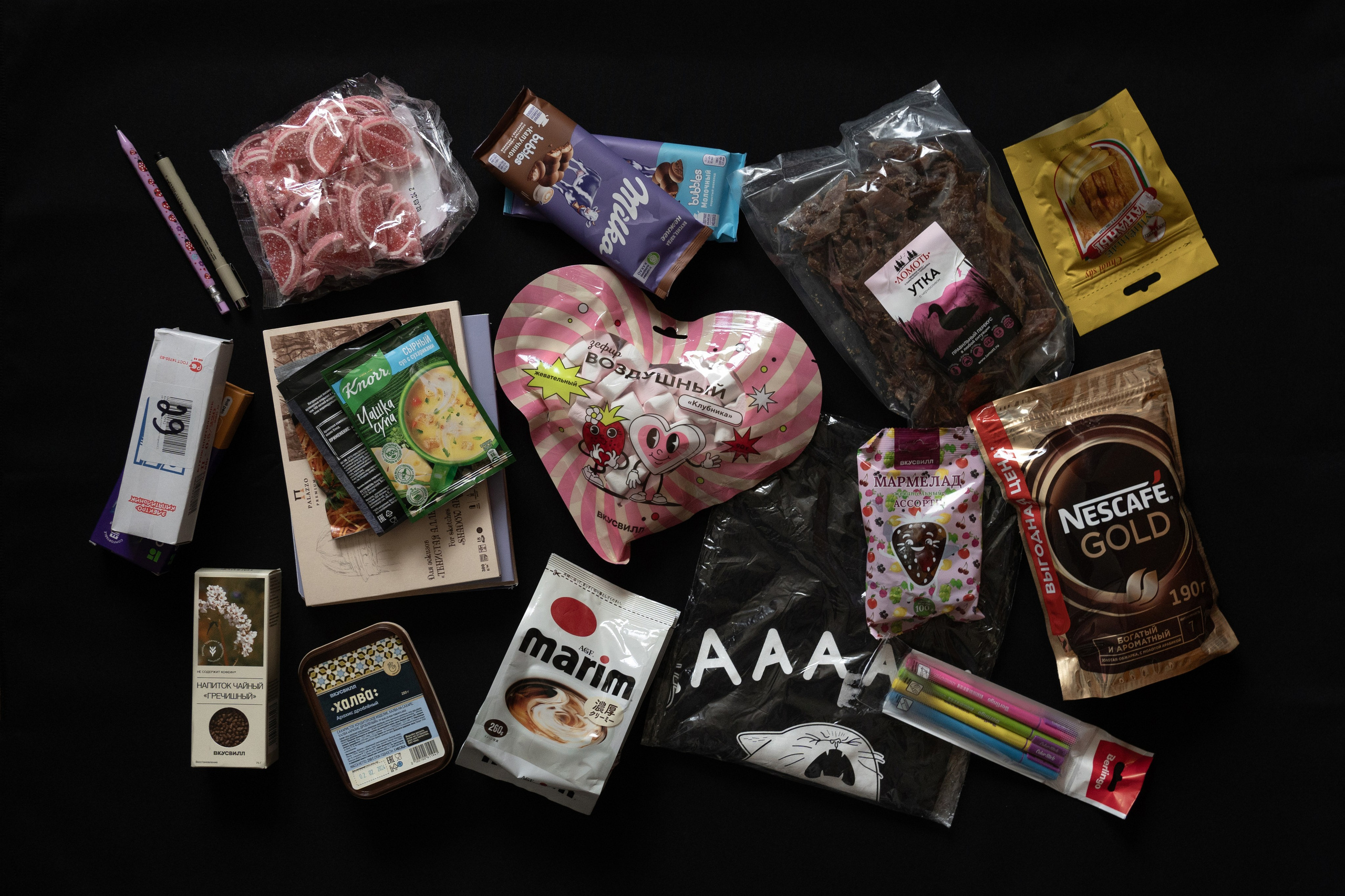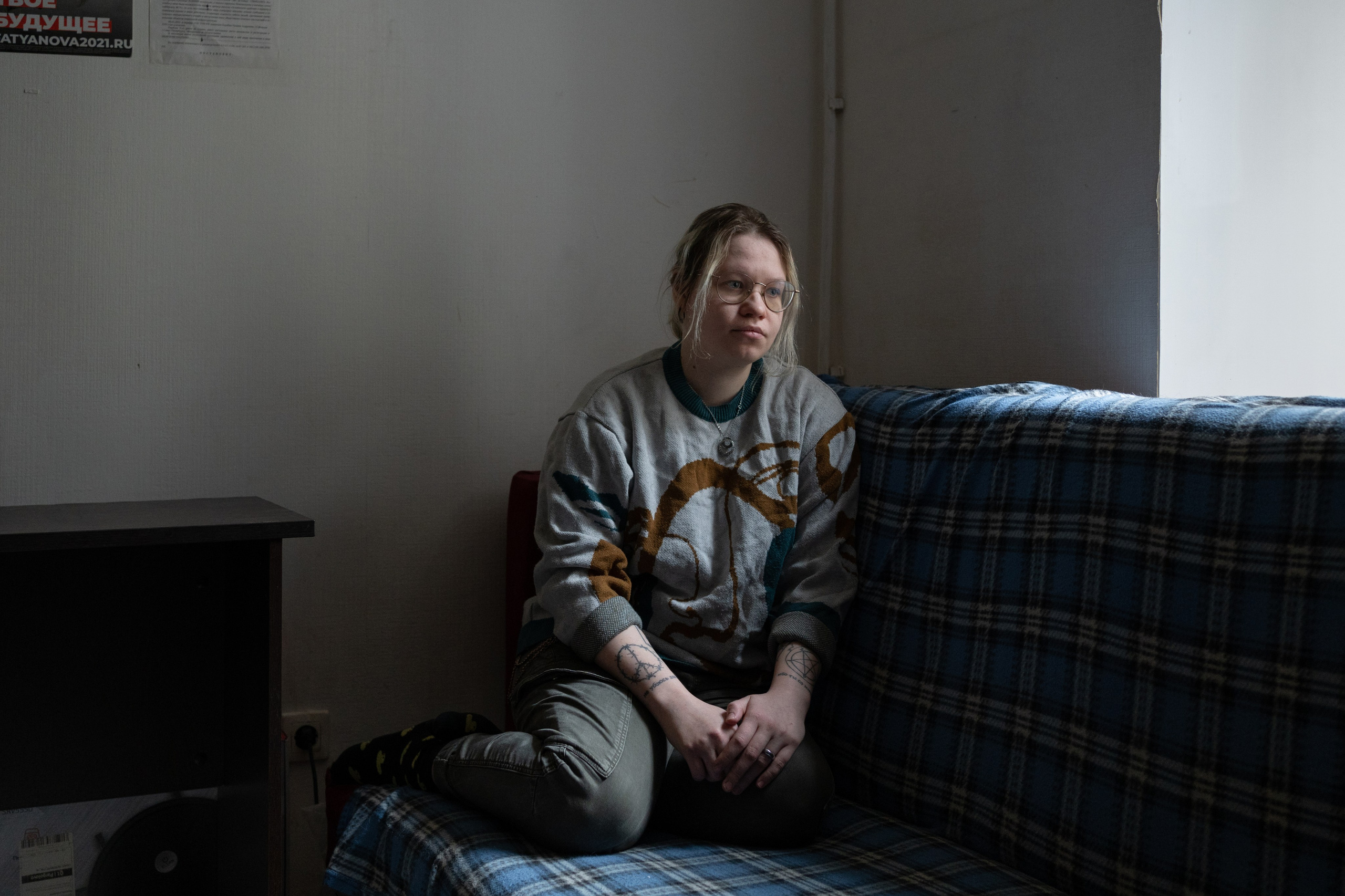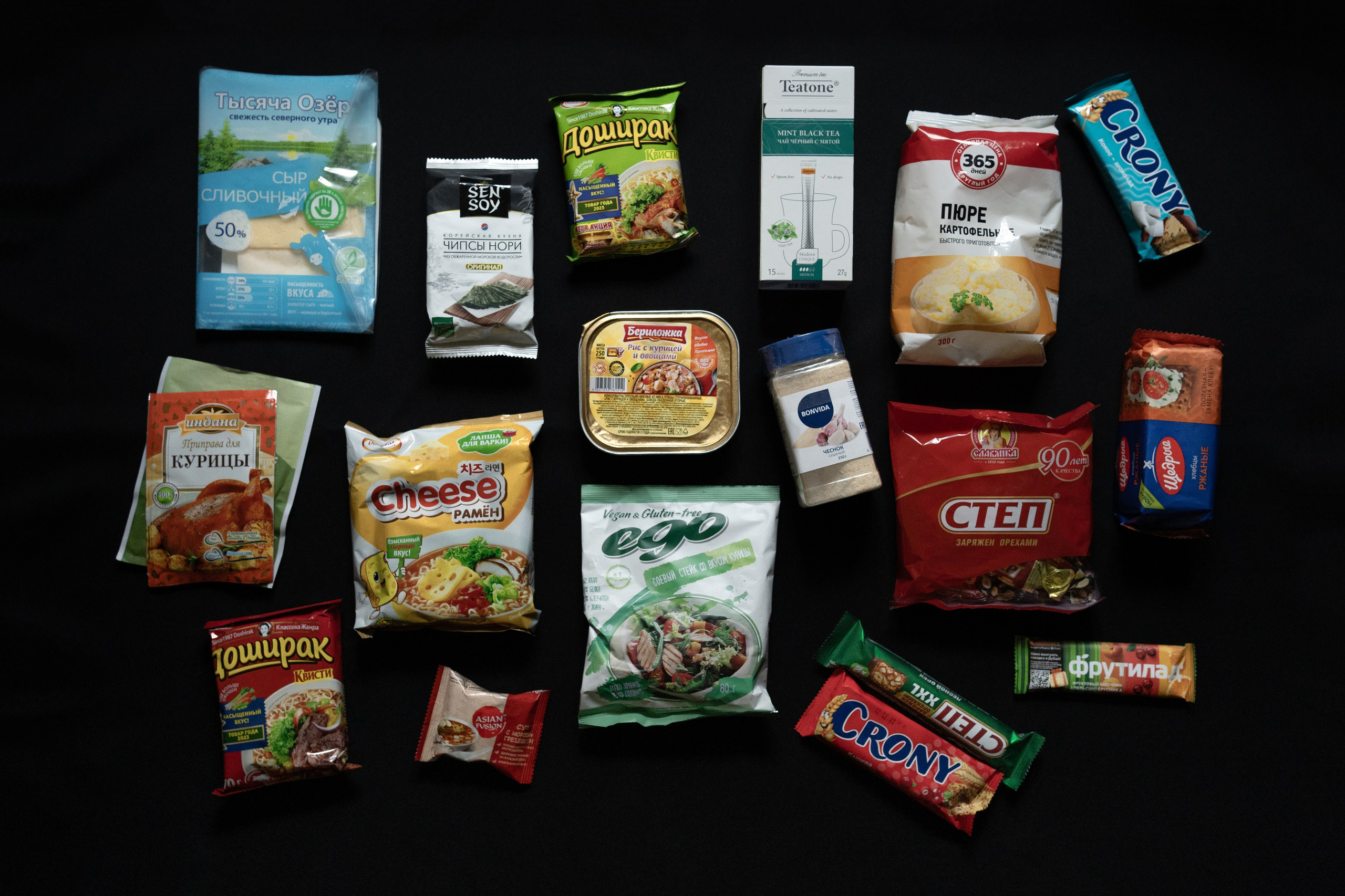PRISON PARCELS
The number of political prisoners in Russia has increased 15-times over the past 10 years. Аccording to the statistics of the project “Support for political prisoners. Memorial”, there are currently about 700 such individuals. While there may be discrepancies among human rights organizations regarding these figures, there is a consensus that repression within the country intensified significantly after the Russian full-scale invasion of Ukraine in 2022. During that period, new laws were enacted to prevent discrediting the Russian army, and social and political movements which did were criminalized. Presently, anyone whose opinion diverges from the state’s official position may face political persecution.
Once incarcerated, political prisoners find themselves isolated from the outside world, deprived of personal space, and are often subjected to abuses by the Federal Penitentiary Service (FSIN) personnel. Legal standards for the detainees are frequently not met in correctional facilities. For instance, they may not receive an adequate supply of personal hygiene items or sufficient food, and the food provided may be unfit for consumption. To support political prisoners, their relatives and loved ones send them essential goods and supplies.
After the arrest of political prisoners, their relatives enter an entirely unfamiliar world and encounter numerous prison regulations, which may vary depending on the institution — in some, items can be pre-packaged at home, while in others, this must be done on-site. Relatives must queue electronically two weeks in advance, undergo inspection procedures for the packages being sent, or send goods and items by mail, while also adhering to all restrictions and limitations. For instance, metal and glass items are not allowed in packages, tea bags are prohibited, and clothing with cords or suspenders is banned. In addition to collecting necessary items and products, relatives and loved ones learn to interact with correctional facility staff, advocate for the rights of political prisoners, and ensure they receive medical assistance. Exploring the boundaries of the prison system’s restrictions, they also seek ways to support detainees with tasty food, interesting books, or unique notebooks for notes. Together with political prisoners, their loved ones traverse a difficult and thorny path, gaining experience they were never supposed to have.

